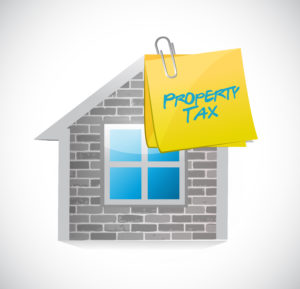Investing in a vacation rental property is one of the best ways to diversify your portfolio and income streams. While it might cost some money and take some work upfront, vacation rentals have many benefits and can work well for you in the long run.
Let’s dive into some of the personal and financial benefits of vacation rental properties and see if they’re the right choice for you.
Long-Term Wealth
We all strive to build long-term wealth, right? One of the most effective ways to build long-term wealth is through real estate, and vacation rentals typically don’t require a large cash outflow. Many investors opt to leverage mortgage financing, and over time, your guests help you pay down the mortgage and grow your short-term rental property’s equity.
Home Equity
Speaking of equity, vacation rental properties can help you build even more equity that can be used on down payments for more properties, home improvements, and more. While the housing market and home values can fluctuate, depending on where you decide to purchase your vacation rental property, the likelihood of your home value increasing is high, meaning more equity in your rental.
Tax Benefits
Owning a vacation rental property comes with many tax benefits and write-offs. If you utilize the property as a true second home, your mortgage interest and property taxes may be tax deductible. In addition, many of your expenses for things like maintenance, repairs, and improvements can be written off. Consult with a tax professional to learn all the ins and outs of tax benefits.
Dual Usage
There’s more to vacation rental properties than just business and financial benefits. You can also use your vacation rental property when you need to take a little getaway from reality. This provides a great home away from home to create memories, host family and friends, or just have some much-needed relaxation time.
Vacation rental properties come with many perks and can be an excellent option for your next investment! If you have any questions or want to learn more, we would love to provide our expertise and help in any way we can!



